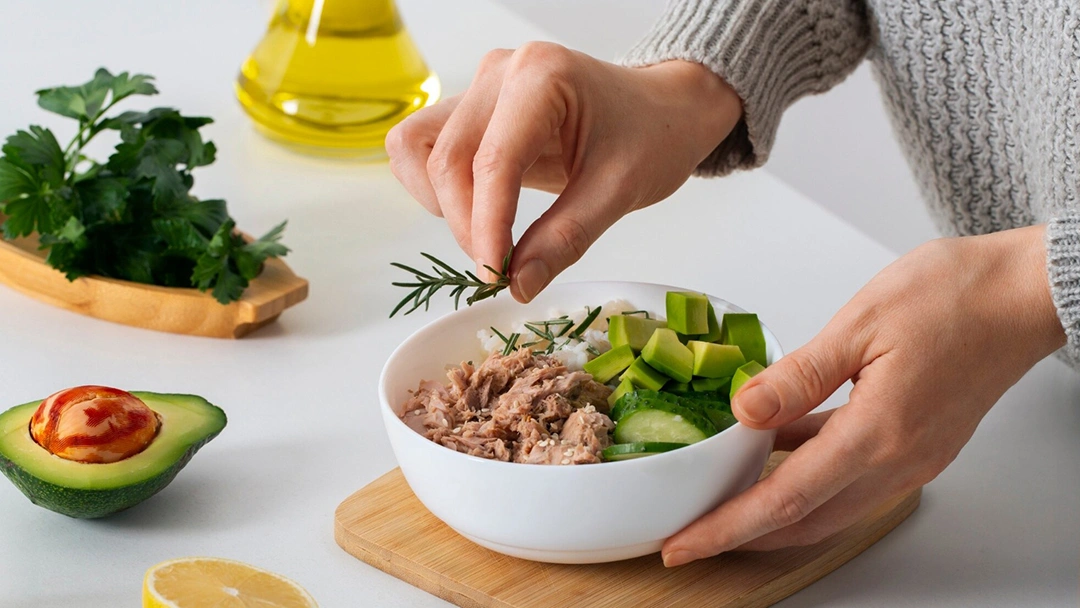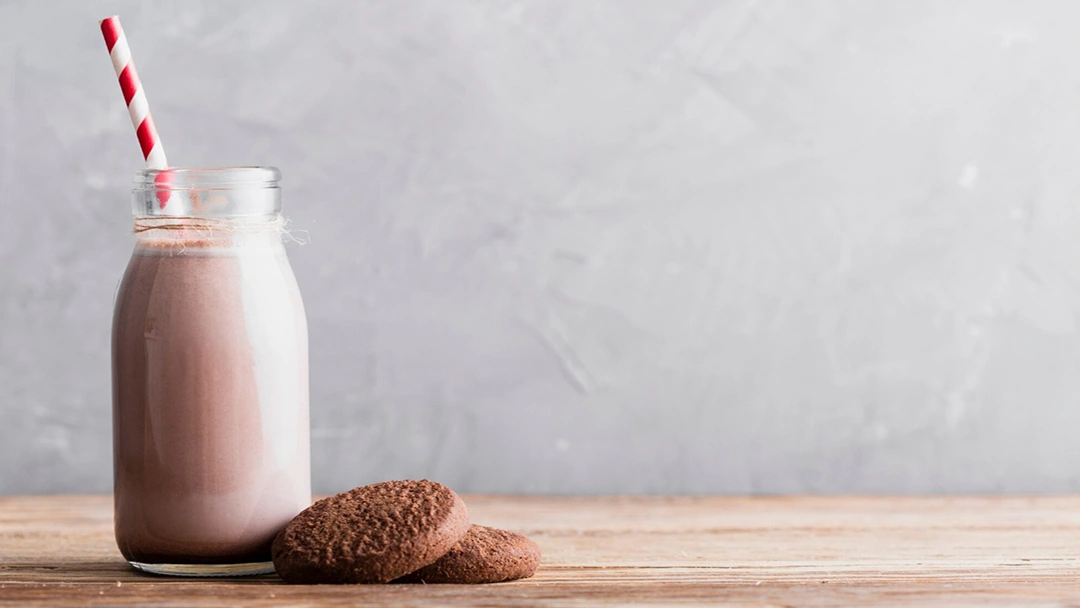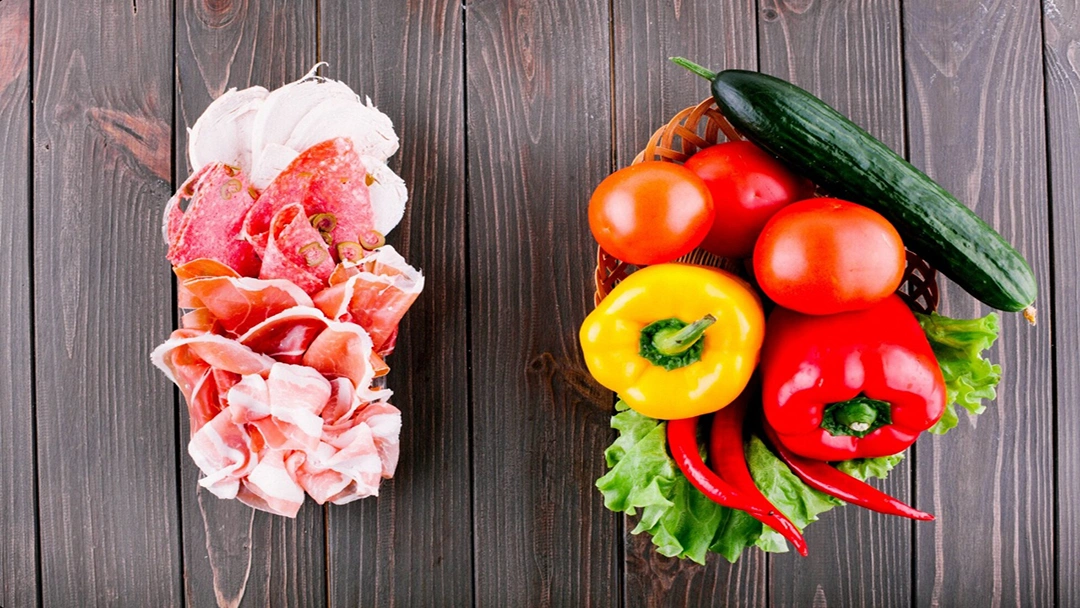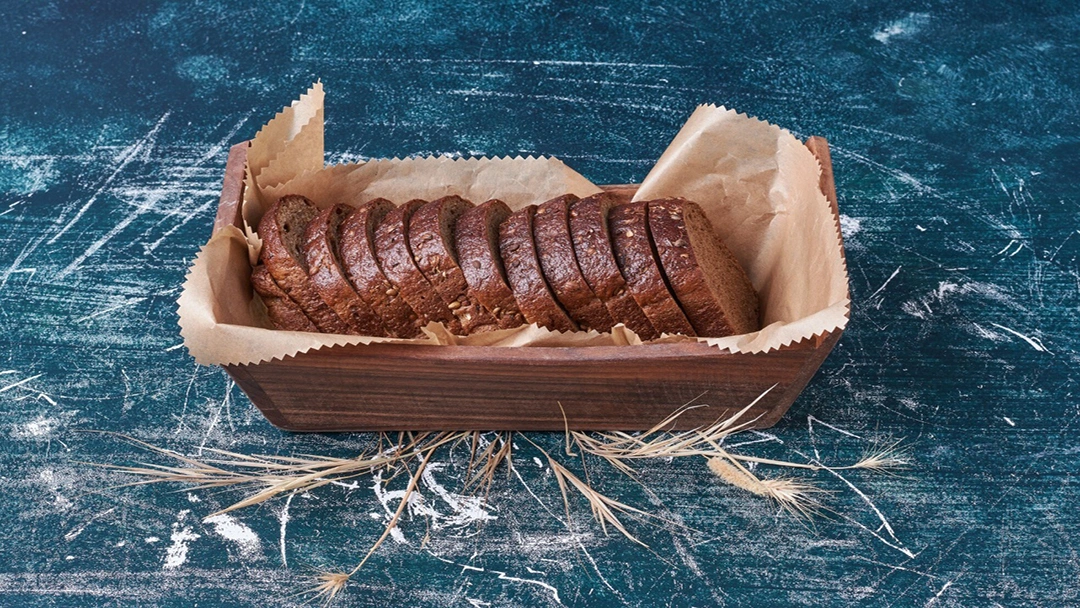Vitamin C Deficiency Symptoms on The Carnivore Diet
As you may know, large amounts of Vitamin C are found in fruits and vegetables, including the following.
- Citrus fruits (like oranges, grapefruits, lemons, and lime),
- Berries (strawberries, raspberries, and blackberries),
- Kiwi,
- Pineapple,
- Mango,
- Papaya,
- Melons (like watermelon and cantaloupe),
- Tomatoes,
- Peppers (red, green, yellow),
- Broccoli,
- Brussels sprouts,
- Cauliflower,
- Spinach,
- Kale, and
- Cabbage.
[cta-meetings]
But if you don't consume these plant-based sources or other animal-based sources, which you'll learn later in this article, you may face Vitamin C deficiency problems, like Scurvy.
Learn More: Are Chia Seeds Keto? How to Eat Chia Seeds on Keto?
What Is Scurvy?
One of the issues Carnivore dieters may face is Vitamin C deficiency, which is likely to happen as the Carnivore diet is based on animal products that are not rich in Vitamin C. Actually, this deficiency is more common than you think [1].
If your body doesn’t receive enough Vitamin C, it faces problems producing enough collagen, which causes Scurvy [2]. Although it is not common, it still is a severe condition.
You may spot the symptoms of Scurvy/ Vitamin C deficiency after a few weeks to a few months of inadequate Vitamin C intake [3]. The symptoms are as follows.
- Fatigue and weakness
- Pain in joints and muscles
- Swollen, bleeding gums
- Bruising easily
- Dry, scaly skin
- Anaemia [4]
- Slow wound healing
- Depression and irritability
- Tooth loss
[cta-meal-plan]
So, to avoid Scurvy/ Vitamin C deficiency, let’s see how much Vitamin C we need on a Carnivore diet to meet our body’s needs.
Learn More: 10 Most Important Carnivore Diet Supplements
How Much Vitamin C Do I Need on a Carnivore Diet?
Generally, it’s believed that adults need to consume about 75-90 mg of Vitamin C every day. However, since the Carnivore diet relies on animal products that don’t contain a lot of Vitamin C, the Carnivore dieters may need to look for other sources.
It’s no secret that the amount of daily Vitamin C mentioned above is general, and the healthy dosage differs depending on age, sex, and other factors such as pregnancy or breastfeeding.
So, make sure to consult a healthcare specialist before taking any supplements or making significant changes in your eating habits.
The following table shows the general amount of Vitamin C needed for males and females daily, which also considers age, pregnancy and lactation.
If you’ve checked the above table and wonder how to get enough Vitamin C on a Carnivore diet, scroll to the next section to find out.

How to Get Vitamin C on a Carnivore Diet?
Yes, I know that Vitamin C is mainly found in plant-based products, but we, the Carnivore dieters, need to find a Carnivore-friendly way to take enough Vitamin C to avoid health problems.
[cta-gocarnivore-plans]
The following list shows some good sources of Vitamin C in animal-based foods.
Beef Liver
It is rich in Vitamin C, i.e., a 3-ounce serving of it contains about 4.5 mg of Vitamin C.
Beef Spleen
100 g of cooked beef spleen contains about 50.3 mg of Vitamin C, which provides 84% of the average recommended daily intake.
Oysters
A 6-ounce serving of oysters can contain about 12 mg of Vitamin C.
Fish Roe
Fish eggs or roe are also rich in Vitamin C; for example, a 3-ounce serving of salmon roe can provide about 4.5 mg of Vitamin C.
Organ Meats and Bone Broth
Organ meats like heart and kidney and homemade bone broth can also contain small amounts of Vitamin C.
To know the mg of Vitamin C in meat, seafood, poultry, milk, cheese, and eggs, keep scrolling to the following sections.
[cta-meetings]
































